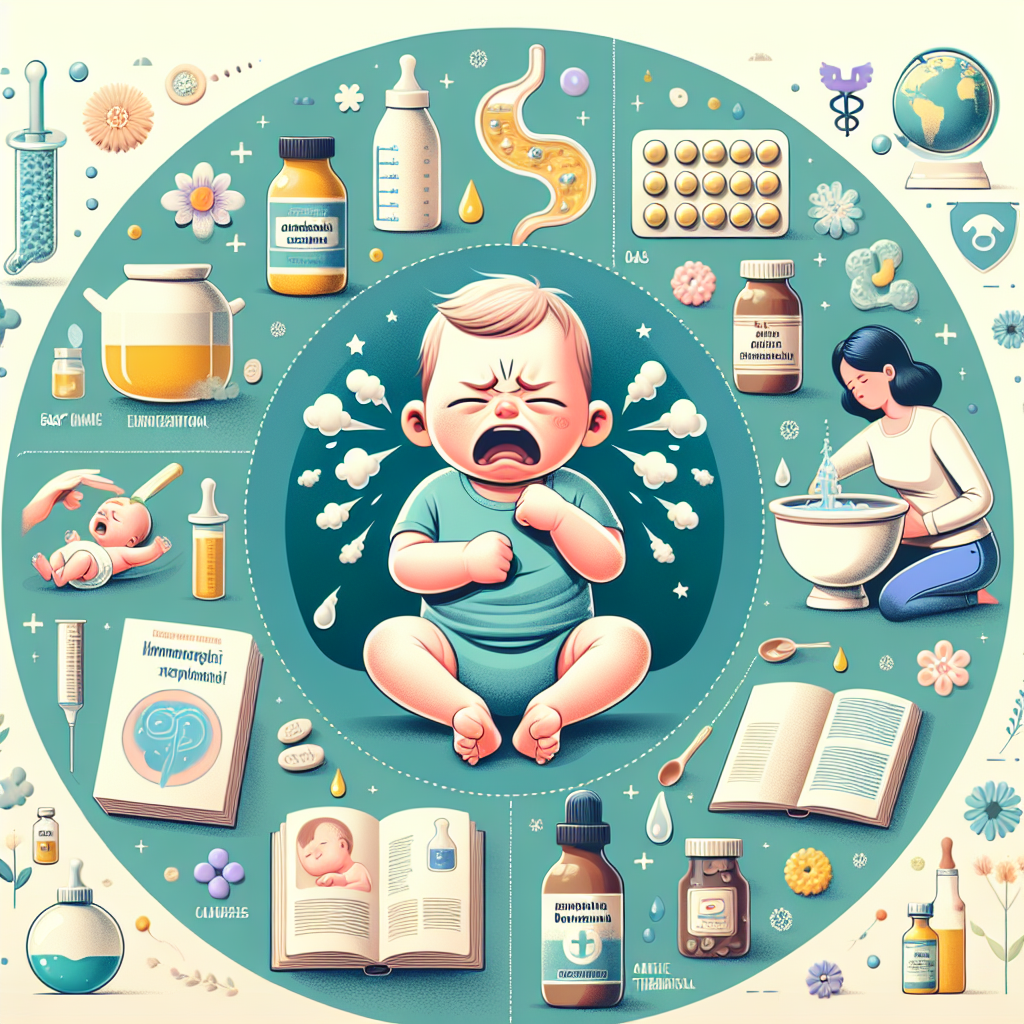Gas in Babies: Causes, Symptoms and Treatments
When it comes to baby growth and development, one of the things that is least talked about, but can be quite worrying for new parents, is gas. It's normal to have questions and concerns when it comes to your little one's comfort, and gas can be a major source of discomfort for babies. In this article, we'll explore the causes, symptoms, and treatments for gas in babies so you can help your little one feel better.
Why Does Babies Have Gas?
Gas in babies is a normal part of their development as their digestive system is still maturing. First of all, babies ingest air while nursing or taking a bottle, especially if they are not positioned correctly or if the milk is flowing too quickly. Also, introducing new foods to their diet can also be a source of gas as their digestive system learns to process new substances.
Gas Symptoms in Babies
Gas symptoms can range from mild to severe and may include bloating and abdominal distention, fussing or crying after meals, frowning, pulling your legs toward your abdomen, difficulty sleeping, or even refusing to eat. Even babies who aren't particularly bothered by gas may need help passing gas comfortably.
Treatment Methods Against Gases
There are several approaches you can take to help ease the discomfort of gas in your baby. We will discuss some common and effective methods that can bring relief to your little one.
1. Breastfeeding and Feeding Techniques
A key aspect in preventing gas build-up is making sure your baby is breastfed or bottle-fed correctly. This means getting him in a good position and making sure he doesn't take in too much air while sucking. Using bottles designed to minimize air ingestion can also be helpful.
2. Massage and Physical Exercises
A gentle massage of the abdomen and gentle movements of the baby's legs, such as pedaling the legs or bending the knees towards the chest, can help move gas through the digestive system.
3. Natural Remedies and Supplements
Some natural remedies, such as colic teas or using probiotic supplements, can help balance your gut flora and relieve gas. Before giving your baby any type of supplement or remedy, it is essential to consult your pediatrician.
When to Go to the Doctor
In most cases, gas is an unpleasant but normal and manageable problem. However, if your baby's symptoms seem severe, if they cry constantly for several hours, or if they have other worrying symptoms such as vomiting or diarrhoea, consulting a doctor is vital.
Maternal Diet and Impact on Gas
If you are breastfeeding, it is important to pay attention to your own diet. Some foods you eat can pass into your breast milk and contribute to your baby's gas.
Conclusion:
While gas in babies can be a source of concern and discomfort for parents and little ones, in most cases it can be effectively managed through a variety of methods. It is important to monitor your baby's symptoms and seek medical advice if necessary. With the right information and techniques, you can help relieve gas discomfort and ensure a healthy, happy development for your baby.














































































































































